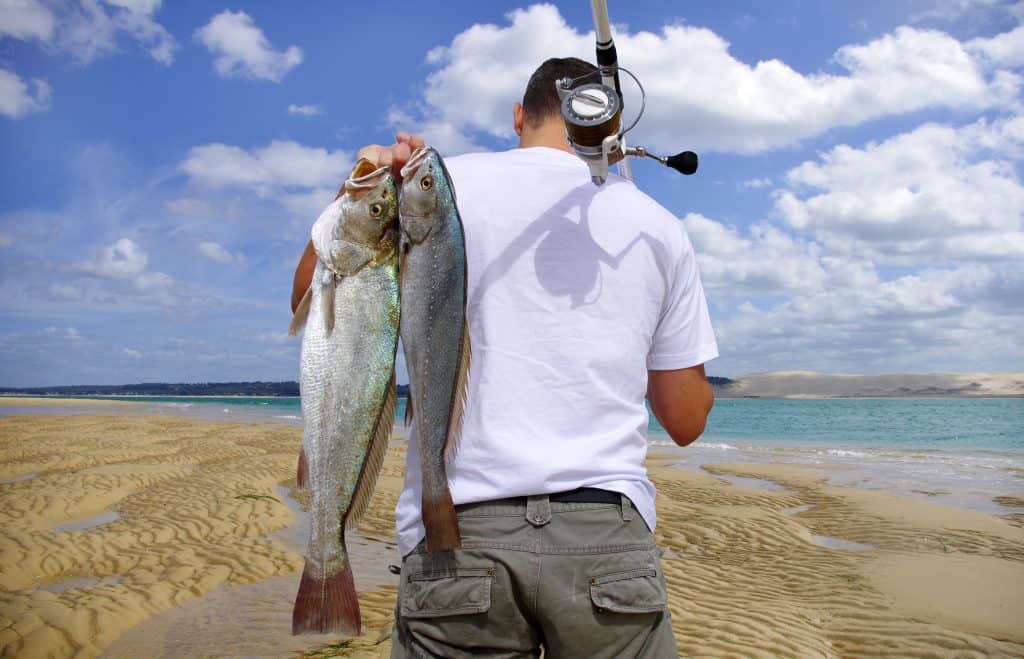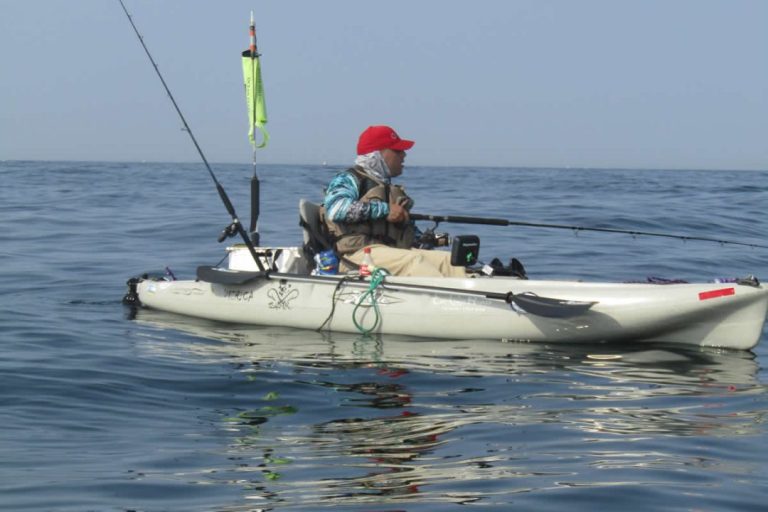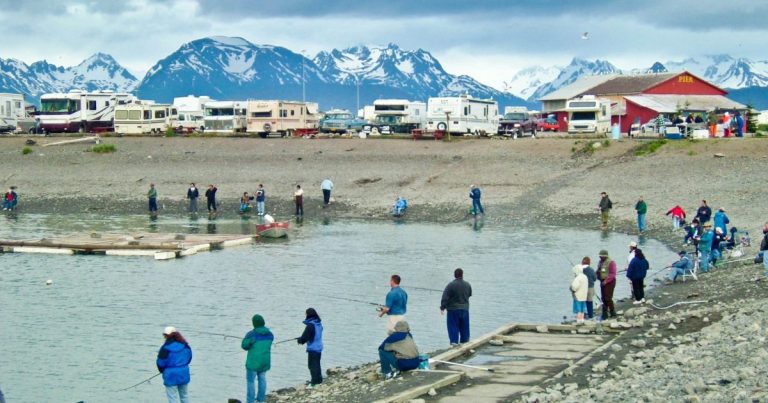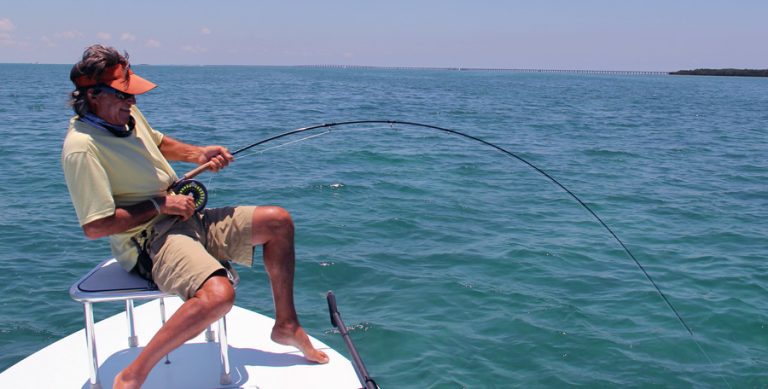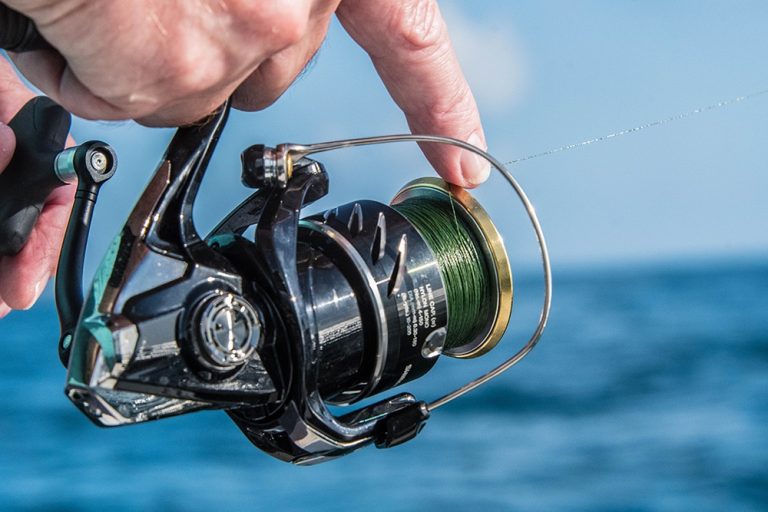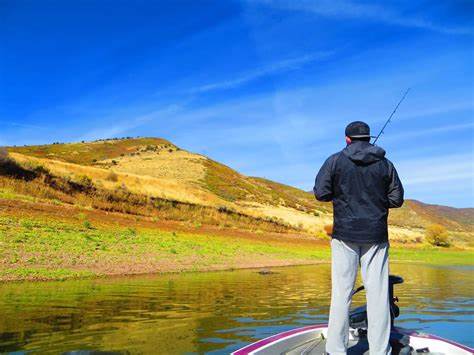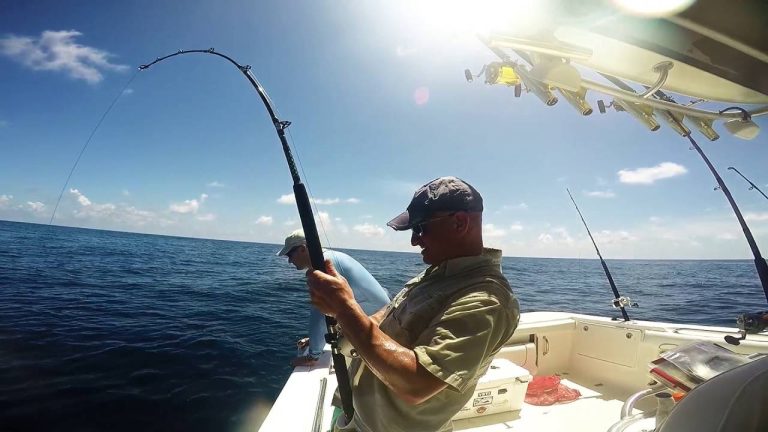Understanding the requirements for fishing licenses in Tennessee is essential for both novice and experienced anglers. Fishing without a valid license can lead to hefty fines and legal issues, making it crucial to know the rules before you cast your line. This article provides comprehensive information on fishing license requirements, types, costs, and how to obtain one in Tennessee.
Fishing License Requirements
In Tennessee, a fishing license is required for anyone aged 13 years and older. Here are some key points regarding who needs a license:
- Children under 13: No license is required.
- Residents born before March 1, 1926: They are exempt from needing a license but must provide proof of age if asked.
- Military personnel on official leave: A copy of your leave orders must be carried while fishing.
- Landowners: They do not need a license to fish on their own property.
Additionally, Tennessee offers Free Fishing Days, typically occurring on the second Saturday in June, allowing anyone to fish without a license. During Free Fishing Week, children aged 15 and younger can fish without a license throughout the week surrounding this day.
For more details, refer to the Tennessee Wildlife Resources Agency (TWRA) regulations.
Types of Fishing Licenses
Tennessee offers various fishing licenses tailored to different needs. Below is an overview of the types available:
| License Type | Description | Cost (Residents) | Cost (Non-Residents) |
|---|---|---|---|
| Annual Fishing License | Basic fishing license | $34 | $50 |
| One-Day Fishing License | Valid for one day of fishing | $6.50 | $20.50 |
| Annual Trout License | Required for trout fishing | $22 | $40.50 |
| Sportsman License | Covers hunting and fishing | $99 | N/A |
| Junior Hunt/Fish License (Ages 13-15) | For young anglers | $10 | $11 |
| Lifetime Sportsman License | Valid for life, includes hunting and fishing | Varies | N/A |
For specific costs and additional licenses like temporary permits for certain areas (e.g., Gatlinburg), check the TWRA’s official site.
Obtaining a Fishing License
You can obtain a Tennessee fishing license through several methods:
- Online: Visit GoOutdoorsTennessee.com to purchase your license anytime.
- In-Person: Licenses can be purchased at county clerk offices, TWRA offices, sporting goods stores, and other authorized vendors.
When applying, you will need:
- A valid form of identification (e.g., driver’s license)
- Your Social Security number
- Proof of residency (if applicable)
Key Fishing Regulations in Tennessee
1. Size Limits
Anglers must adhere to minimum size requirements for certain fish species. For instance, Largemouth Bass must measure at least 18 inches if anglers wish to keep one over the daily limit of one fish per day.
2. Seasonal Restrictions
Fishing for specific species is allowed only during designated seasons. For example, certain trout waters may have seasonal closures or restrictions aimed at protecting spawning populations.
3. General Fishing Laws
- Releasing live fish, crayfish, or salamanders into Tennessee waters away from their capture location is prohibited to prevent invasive species spread.
- The use of explosives, chemicals, or electrical devices for fishing is strictly forbidden, with significant penalties for violations.
- Anglers are required to wear Coast Guard-approved life jackets in hazardous areas, especially near dams.
- Selling fish or turtles without a commercial fishing license is illegal.
4. Regional Regulations
Each region in Tennessee may impose additional rules regarding creel limits and species management. For example:
| Region | Species | Size Limit | Daily Limit |
|---|---|---|---|
| West TN | Largemouth Bass | No creel limit; one over 18 in | One fish per day |
| East TN | Striped Bass | Minimum length of 36 inches | One fish per day |
To stay informed about local fishing laws and ensure compliance, anglers are encouraged to consult the Tennessee Wildlife Resources Agency (TWRA) regulations page or obtain the latest Tennessee Fishing Guide available online or at various locations throughout the state.
By adhering to these regulations, anglers play a vital role in maintaining healthy fish populations and preserving aquatic ecosystems across Tennessee.
Tips for New Anglers in Tennessee
Fishing in Tennessee offers a rewarding experience for beginners eager to learn the basics of angling. Here are essential tips tailored specifically for novice anglers looking to get started successfully.
Essential Gear
To begin your fishing journey, selecting the right gear is crucial:
- Rod and Reel: A medium-action rod paired with a spinning reel offers versatility across various species such as bass and catfish.
- Tackle Box Essentials: Stock your tackle box with hooks, sinkers, bobbers, and lures. Live bait like worms or minnows can significantly improve your chances of catching fish.
- Fishing License: Before you cast your line, ensure you obtain a valid fishing license from the Tennessee Wildlife Resources Agency (TWRA). You can find more information on licenses here and purchase them online.
Effective Techniques
Mastering basic fishing techniques will enhance your success:
- Bait Selection: Start with live bait such as nightcrawlers for bass or cheese and corn for trout. Spinners or crankbaits can also be effective lures mimicking prey movement.
- Casting Techniques: Practice casting near structures like logs where fish hide. Employ fan casting to cover more water efficiently without spooking nearby fish.
- Wade Fishing Tips: When wade fishing in rivers, move quietly to avoid disturbing fish habitats while maximizing your catch potential.
Top Fishing Spots
Explore these popular locations known for excellent fishing opportunities:
- Great Smoky Mountains National Park: Renowned for its trout fishing, this park features small streams ideal for fly fishing enthusiasts seeking scenic beauty alongside their catch. More details about fishing in the Smokies can be found here.
- Tennessee River: This expansive river is home to catfish, largemouth bass, and striped bass. Both shore fishing and charter options are available to enhance your experience with local guides. For more information on fishing in the Tennessee River, check out this guide.
- Local Lakes: Lakes such as Boone Lake and Watts Bar Lake cater well to beginners with accessible shorelines and diverse fish species waiting to be caught. You can find specific regulations for these lakes here.
Safety and Conservation Practices
Prioritizing safety while respecting nature is vital:
- Wear Proper Gear: Use polarized sunglasses to reduce glare on the water and always wear a life jacket when on a boat or near deep waters.
- Catch-and-Release Practices: Adhere to local regulations regarding size limits and consider catch-and-release methods for species not ideal for consumption or below size limits. For detailed regulations, refer to the official TWRA site here.
By following these guidelines, new anglers can enjoy a fulfilling fishing experience in Tennessee while contributing positively to local ecosystems. Ensure you stay updated on seasonal changes and regulations through 2025 by visiting the TWRA’s official website regularly.
Conclusion
Before heading out to fish in Tennessee, ensure that you have the correct fishing license. Understanding the requirements and regulations not only keeps you compliant but also contributes to the conservation of Tennessee’s aquatic resources. Take action today by applying for your fishing license online or at a local vendor, and enjoy responsible fishing practices throughout the state!
For further information on obtaining your fishing license or understanding local regulations, visit the TWRA’s official website.



